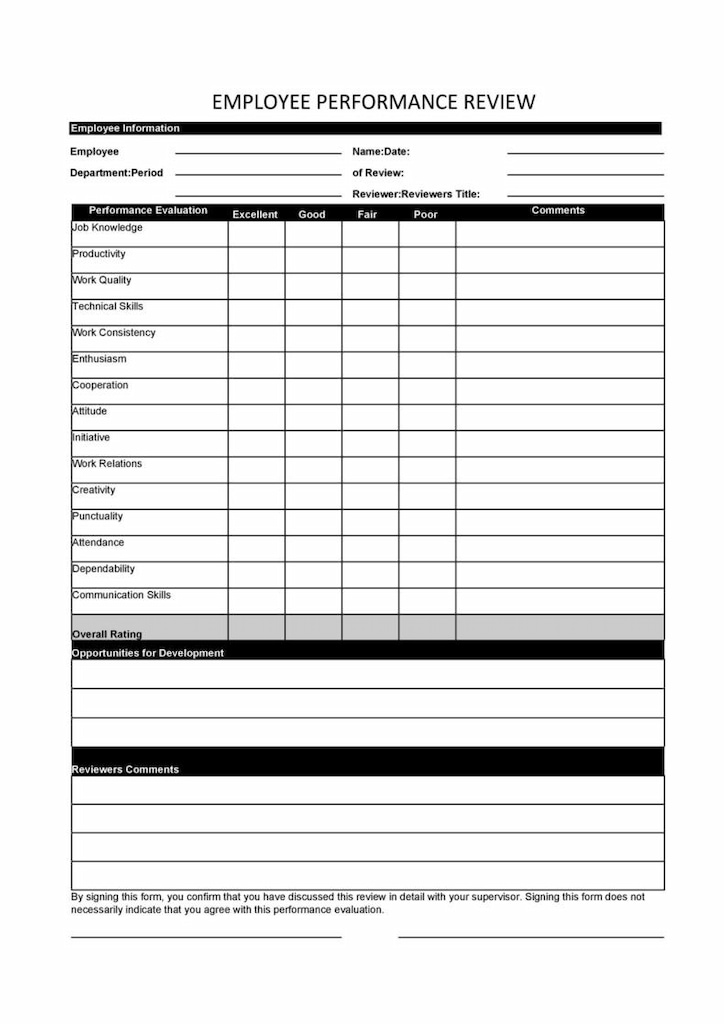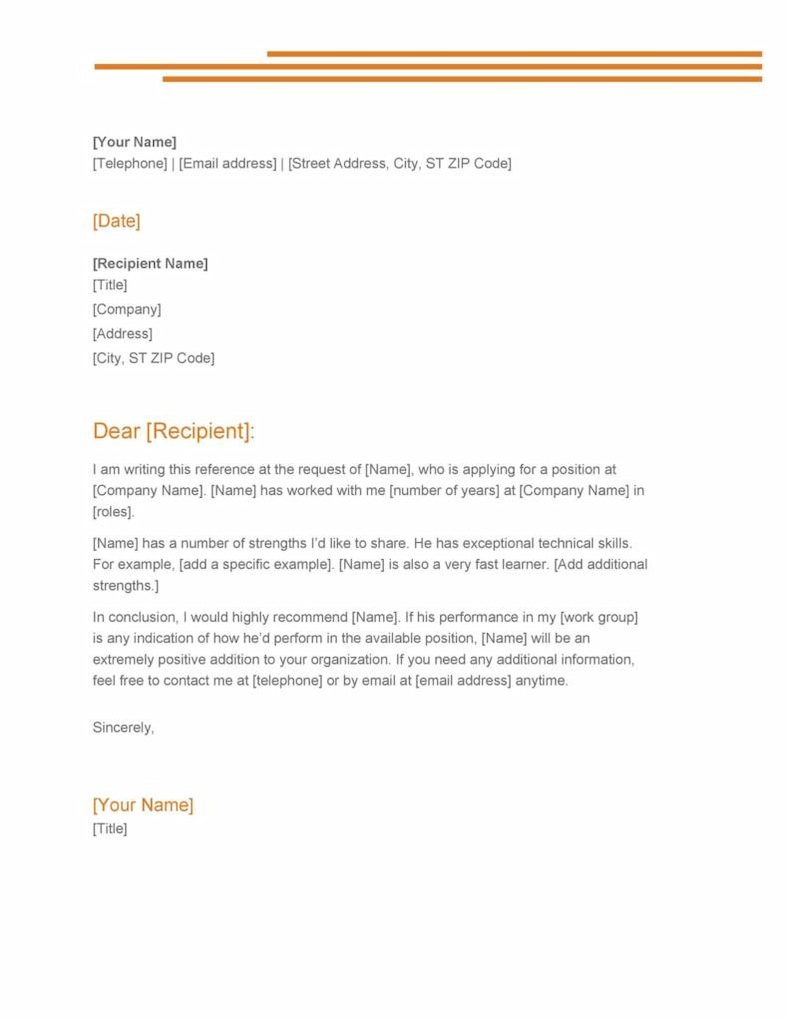If some employees aren’t motivated enough or not happy to work, they won’t do it well and will have to be fired eventually. Firing an employee is never easy, but as a manager or business owner, you’ll have to learn how to fire someone. It’s just part of the business. And while telling an employee that you have terminated their contract is emotional and stressful, there are ways to do it that will benefit both you and the employee.
As most managers will tell you, the skill of firing someone is something you need to hone over time. However, that doesn’t mean there aren’t things you should know about before firing someone for the first time.
In this article, we’ll be explaining just about everything you need to know about firing people, but before we get into more detail, let’s take a look at some of the primary reasons for firing an employee that will help you figure out the best way to fire someone.
When to Fire an Employee
In most places around the world, you can’t just fire an employee. You need to have a good reason behind it. You should understand how to legally fire an employee and why you should fire someone in the first place. That way, you are confident that your decision is the right one and ensure that you won’t run into any legal trouble down the line.

So, in this section, we’re going to go through some of the key reasons that may be good enough for you to fire an employee.
Performance
Generally speaking, you are within your full right to fire an employee if they are not performing to the level that you expect. Each company and organization has certain quotas and performance metrics that all employees need to meet. And if a certain employee is consistently missing these quotas or standards, even with the use of a time tracker and other software to aid employees with their work, then you have a good reason to fire them.
Everhour is the top choice for small businesses and small to mid-size teams of 5 to 50 members, including professionals like software developers, marketers, designers, consultants, lawyers, you name it!
Seamlessly integrating with popular project management tools like Asana, Trello, and Jira, its user-friendly interface and customizable reports make it the ultimate time tracking solution for small and mid-size teams.
With dedicated support ensuring you receive timely assistance, our team is here to help you promptly and with a smile!
However, keep in mind that employees need to be given a chance to improve before termination. So, if you notice someone underperforming, give them an assessment and a chance to make up for the mistake before taking further action.
Behavior
Another appropriate reason to fire employees is poor behavior. There are many ways an employee can exhibit bad or poor behavior in the workplace. And just like with performance, it’s crucial for the employer to take steps to ensure that they try to correct or improve the behavior. But if the organization has taken corrective action and the employee’s behavior remains the same, that is grounds for termination.
When you allow bad behavior to continue in a workplace, you affect the morale of the entire team while also setting a bad example. This is why bad behavior is one of the most common reasons of termination of contract.
Attitude

While a bad attitude can be a huge problem in the workplace, firing employees based on it can be tough. For at-will workers, you might be better off not specifying the reason for firing them if it was for bad behavior. But for non-at-will workers, you will need to provide specific examples of their bad attitude, how it affects the workplace, and why it is grounds for termination.
Additionally, the specific examples wherein the person exhibited a poor attitude need to be formally and properly documented, which is why managers may have a tough time terminating someone due to a poor attitude.
Insubordination
This example refers to an employee referring to performing certain tasks and meeting duties that are part of their job description. This should go without saying, but insubordination like this can cause a range of problems in the workplace. Insubordination may also encompass an employee being disrespectful towards the manager, especially when given direct and clear instructions.
Again, you should document as many cases of insubordination as possible if you’re planning on using it as a reason to fire a member of staff. But since it can be such a huge issue to handle in the workplace, we recommend documenting and recording any instances of insubordination the second they happen.
Attendance
Most companies have an attendance policy that specifically pertains to a person’s attendance. When an employee consistently violates attendance policies despite the manager letting them know and giving them a chance to correct the issue, you may terminate the employee.

However, employees must know the repercussions of poor attendance so that it doesn’t happen as often. Additionally, record all instances of poor attendance with the help of an employee scheduler or an employee hours tracker so that you have documents to use in the event that you need to terminate an employee.
Bullying
Workplace bullying is unwelcome in any company and is also a very serious issue. Management has to stand firm when speaking out against bullying in the workplace. And to do that, organizations usually list down bullying and other forms of workplace harassment as grounds for firing an employee. Whenever someone complains about workplace bullying, try to document the case to ensure you have a record of it if you decide to terminate the employee.
Sexual harassment
Employers must always heed sexual harassment complaints and handle the issues right away and as a priority. If they don’t, they risk being held liable for a hostile work environment, which leads to a wide range of issues. So, it’s crucial that employers take sexual harassment complaints seriously and conduct proper investigations into them.
That way, they can record any evidence they find and use it when terminating an employee. If there isn’t that much on-record evidence of the harassment case and the employee is an at-will worker, you might be better off firing them without specifying the exact reason.
Safety violations

Violating safety measures set by the company is another valid reason for terminating an employee, but using this reason as the ground for firing someone can be tricky. This is because terminating an employee for safety violations may also be seen as retaliation for persons who reported the issue. This is why it’s essential to have legal assistance whenever firing an employee for safety violations.
While the above reasons are some of the most common reasons to fire an employee, there are many other things that merit termination. This could be violating the company’s code of conduct and many other things.
Best Way to Fire An Employee

There is never an easy way to fire an employee. The majority of the time, firing an employee will be a tense and emotional process that most managers dread. However, there are ways to ensure that you have an easier time firing an employee and that the employee takes the news properly.
There is no one right way to fire someone, so try to adjust your approach on a case-to-case basis. However, here are 12 things to do when firing an employee that won’t just make the process easier, but will also ensure that you cover all bases during the termination.
*You can watch a short video on basic tips on how to fire someone to get introduced to the topic.
Guide to Firing Employees
Research and understand the company’s Termination policy
The very first step in firing an employee is to understand the company’s termination policy. While there are always local rules and regulations around termination to protect employers and employees, each company also has its own policy that managers need to follow.
Firing an employee is very tricky and doing it in the wrong way can result in legal troubles for the organization. So, try to understand the valid reasons for termination under the company policy and determine the best way to fire someone in accordance with the company rules.
When doing this, note down any documents and other requirements for termination. Additionally, double-check that the reason you’re firing someone is in accordance with the company policy.
And if possible, you give the employee a proper warning before firing them. If you’re looking for ways to let someone go at work, you need to have a valid reason for doing so and that you have tried to correct the issue internally before restoring to the termination.
Provide the employee with an assessment
Most times, you can’t just fire someone. You need to give them a chance to improve. This is why one of the first things to learn when looking at how to fire an employee is to give a proper assessment to the staff member in question.

image source
If you notice that an employee isn’t meeting company standards, is violating policy, or just not performing well, you need to give them an assessment and let them know that the company hasn’t been happy with their recent performance.
From there, give them a chance to correct the issue. You can even give them a proper review where you let them know all the issues you have and how they can make corrections to avoid termination.
Hiring an employee to replace someone you terminated is a very tough and expensive task. So, it’s best to give the employee as many chances as possible before firing them.
Determine if termination is really the right course of action
There’s no arguing with the fact that you will have to fire people from time to time. However, remember that firing an employee isn’t the only solution. In fact, firing an employee when it wasn’t necessary is a great way to give yourself even more problems down the line.
So, before you terminate an employee, conduct a thorough review to check if firing them is really the right way to go. However, if the employee has had multiple opportunities to correct the issue and is still falling short, it might be time to really consider terminating them, so start considering how to fire someone nicely.
Gather all the necessary documents and materials beforehand

If it’s your first time terminating an employee this may come as a surprise, but you will need a handful of documents before firing an employee. Depending on the company’s policy, the types of documents you need may vary. This is why we highly recommend starting the firing process by reading about the organization’s termination policy.
This includes determining the reason for termination, gathering evidence and recorded instances of why you’re firing someone, and even creating a short script or jotting notes of things to follow when firing the person.
That way, you go into the whole process prepared and know exactly what you are doing. This will make the whole process a lot easier for you, but it will also make it easier for the employee to comprehend, process, and accept.
Choose the right place
Another thing you should keep in mind when you fire employees is the right place to do so. When learning how to fire an employee gracefully, one of the first things you’ll learn is that you need to do it in the right environment. Now, this doesn’t mean bringing them out to lunch or coffee, but it means considering the venue before setting the meeting.
For example, in some cases, it might be best to bring the employee into your office to discuss the details with them and let them know that they are fired. Sometimes, it might be best to terminate the employee away from company premises.
At the end of the day, the manager should know the best approach to firing the employee. And if you want to make the process as smooth as possible, you will need to carefully consider exactly where you’re going to do it.
Fire employees with a witness
When deciding on how to fire an employee, it’s vital to consider the organization’s liability. Most regulations require you to treat the employee with dignity and respect when firing them, so looking at how to fire someone over text examples might not be the best approach. This is why you should never fire an employee without another witness present.

Ideally, you should have a witness with experience in HR or with employee termination. The witness should be briefed about what’s about to happen, and why it’s happening, and even be given a copy of the relevant documents.
That way, there is someone who can recount everything that happened while terminating the employee. Without a witness, it’s always a matter of your word vs the former employee’s word, which can open up a world of troubles.
If you don’t have an HR employee available, any other worker will be a good witness. It’s very important to ensure that it isn’t just you and the employee in the room during the termination.
Keep the conversation clear and concise
You do not want to keep the employee in the office or venue for too long while being terminated. Allowing them to sit there too long may cause them to breed resentment toward the company. Remember, firing someone and getting fired is always going to be an unpleasant experience. And one of the things that can make the whole experience worse is dragging the meeting or conversation for any longer than necessary.
When speaking to the employee in question, get straight to the point. There’s no reason to stall as you have already made your final decision. So, if you want to treat your employee with the respect they deserve, tell them directly why they are being fired, all the times you tried to correct the issue, and that it’s your final decision.
Try not to keep things too short as you don’t want to seem heartless either. When firing an employee, try and think of it as a necessary meeting. You will have to get it done, but things will be much smoother if everyone is direct to the point and doesn’t beat around the bush.
Do not surprise the employee
One of the biggest mistakes managers make when terminating an employee is taking them by surprise. As a manager, this is not right as employees shouldn’t be terminated without knowing anything beforehand. It’s one of the first things you will learn when reading about how to let someone go from work the proper way. On top of that, firing an employee this way may even lead to legal troubles down the road which can be a huge headache.

Ideally, the employee should have known that the company hasn’t been satisfied with their performance or behavior even before termination. Before firing an employee, you need to go to them and let them know that you aren’t satisfied with their performance and provide them with an assessment.
You also need to provide the employee with adequate opportunities to correct the issue. Employees shouldn’t be fired for one mistake and they always deserve the chance to make up for their mistakes.
In a healthy work environment, employees should be receiving accurate and honest feedback from management, even if they haven’t been performing well. If you provide employees with this feedback, then they would have an idea that you were considering termination even before you set the meeting.
Having to deal with a surprise termination is a very tough experience that no one wants to go through. So, as a manager, it’s your responsibility to ensure your employee isn’t taken off-guard when you fire them.
Emphasize that the decision is final
It’s very wrong to leave your employees with false hope after terminating them. It’s crucial when firing someone that you let them know your decision is final. Remember, most employees don’t believe that they deserve to be fired, no matter how poorly they have been performing.
So, if you don’t let them know of the finality of your decision, they may think that there’s a chance you will rehire them after some time. This is why managers need to be as direct and clear as possible when speaking to employees.
If you aren’t firm when firing someone, you may not get the message across properly. Having a wishy-washy or weak tone when firing someone may make them think that they aren’t fired for good.
To avoid this problem, we highly recommend preparing for the meeting. Practicing before firing an employee allows you to understand the best ways to get your point across and come to the meeting prepared.
Plan out the aftermath
No matter how much you prepare and know what to say when firing someone, firing an employee may not go smoothly, especially if you’ve never fired someone before. There are many instances wherein an employee gracefully accepts your decision, empties out their desk, and then leaves the premises. And while it’s great when this happens, keep in mind that this doesn’t happen all the time.
Other times, the employee may have a hostile reaction. This is why you need to assess the employee and decide whether or not to have security escort them out of the building. While this may not be ideal, it’s necessary to ensure that the employee doesn’t try to cause any damage before leaving.
Another way to prepare for the aftermath of the termination is logging them out of all company computers during the meeting or right before it. That way, they don’t have a chance to mess up any of the digital systems before leaving, which some people have done in the past.
A lot of the time, managers focus on what’s going to happen during the termination and forget to think about the aftermath. This is a big mistake as you never know how an employee will react after being fired.
Provide a reference letter
Providing a reference letter to terminated employees is a great courtesy to provide them. Not only will this give your company a better image in their memory, but it will also make it easier for them to get employment opportunities in the future.

image source
Unless the employee did something horrendous, reference letters barely do the company harm while doing the former employee a lot of good.
End the meeting on a positive note
If possible, try to end the meeting on a positive note. While the employee is leaving the company, emphasize that this will open up different opportunities for them and not focus on the negativity. Firing an employee is very hard for all parties, so making the effort to end the meeting positively goes a long way.
To help you with the actual firing process and what to say to fire someone, keep on reading.
Tips for Firing an Employee
Here are a couple more tips to keep in mind when practicing how to terminate an employee to make the process smoother for all parties involved.
📜 Create a “script” to follow
The first tip we can give is to take the time to create your script with phrases for firing an employee. Knowing what to say when you are firing someone is very important. And even if you think you know what you’re going to say, things can be very different at the moment. But if you have a script or some notes to follow during the meeting, you will have a much easier time communicating clearly and concisely.
📝 Plan for everything
You never know what will happen during a termination which is why you have to plan for all possibilities. Even if something is unlikely to happen, it’s best to have a plan in case it does. That way, you and the workplace are always safe.
🤝 Be respectful
One of the best ways to fire someone is to be super respectful. Just because they have been performing poorly or not up to company standards it doesn’t mean you should not treat them like human beings. So, when calling the employee up for a meeting regarding their termination, give them all the respect and dignity they deserve.
How to Fire Someone: Conclusion
As a manager, when it comes to fire someone, it is one of the hardest things you’ll have to do. However, it’s something that all managers will have to go through at some point in their careers. And while firing someone will never be easy, there are many things you can do to soften the blow for everyone involved.
That said, the most important thing to do as a manager that plans on firing someone is to prepare accordingly. So, before calling for that meeting, take the time and effort required to prepare for it so that everything goes as smoothly as possible.

